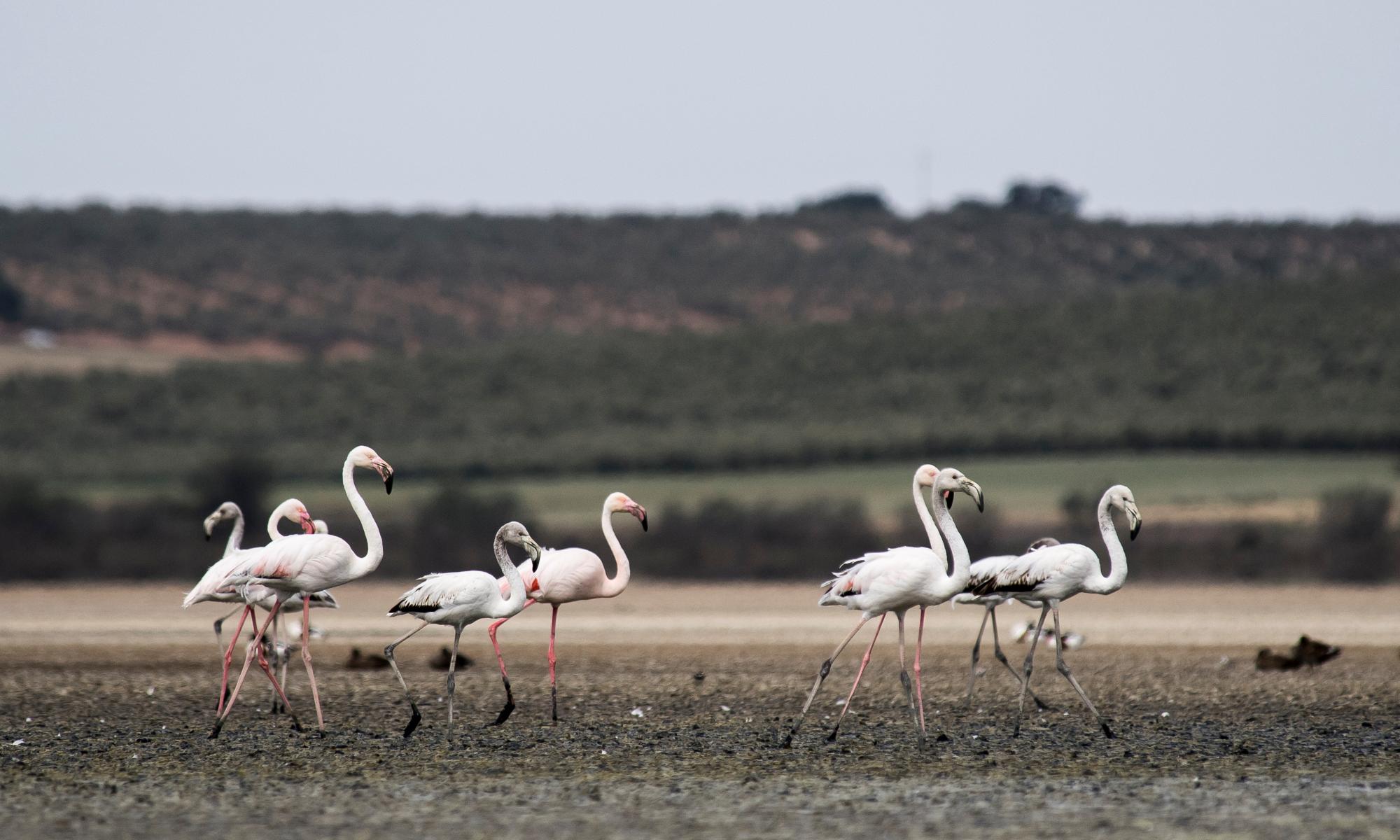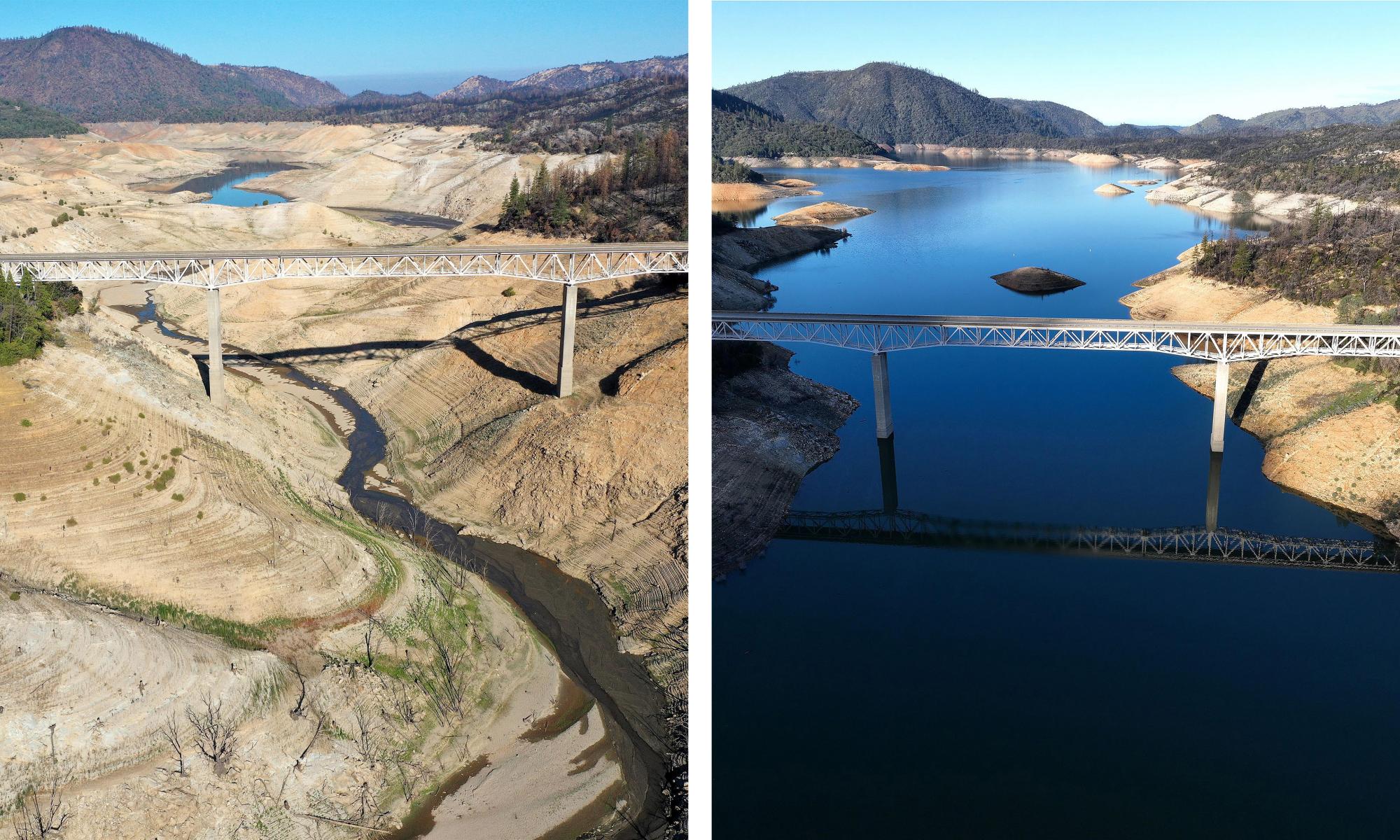Boris Johnson is calling on countries around the world to follow the UK in pledging to achieve net zero carbon emissions by 2050, as part of the government’s presidency of the UN’s climate talks this year.
About 80 countries around the world are committed to such a target, but most are small economies with small greenhouse gas outputs. The EU is the biggest bloc on the brink of signing up to net zero, but major economies including China, the US and India show little sign of doing so.
Johnson’s call came as he launched the UK’s plans to host crunch UN climate talks in Glasgow this November. The talks, known as COP 26, are aimed at putting the world on track to fulfil the Paris agreement of 2015, as current emissions pledges are inadequate to stave off dangerous levels of global heating.
The launch got off to a rocky start, however, as last Friday evening the former energy minister charged with leading the UK’s presidency, Claire O’Neill, was abruptly sacked. She was said to have provoked rows with officials, to have issued confusing messages to other countries, and to have lacked the diplomatic skills and experience to inspire confidence in foreign capitals.
But her sacking led to consternation among observers, who feared the UK was losing its grip on the process.
The UK will face a massive diplomatic challenge to make COP 26 a success, as the last round of talks ended in disarray and recriminations last December in Madrid: countries failed to agree on key agenda items, with only a partial resolve to come back with stronger emissions-cutting targets this year in Glasgow.
No replacement for O’Neill has yet been officially announced, with candidates including Michael Gove and former Conservative leaders William Hague and Michael Howard all mentioned as possibles. Getting a strong leader in place is widely viewed as vital to demonstrating the UK’s seriousness of intent.
“Hosting COP 26 is an important opportunity for the UK and nations across the globe to step up in the fight against climate change,” Johnson told dignitaries, businesses and campaigners. “As we set out our plans to hit our ambitious 2050 net zero target across this year, so we shall urge others to join us in pledging net zero emissions. 2020 must be the year we turn the tide on global warming – it will be the year when we choose a cleaner, greener future for all.”
As part of the COP 26 push, the prime minister is bringing forward a target to phase out diesel and petrol vehicles by 2035, instead of 2040 as at present. He also highlighted the £2bn that the government has agreed to spend on meeting the net zero target, including up to £1bn to encourage the take-up of electric vehicles, £222m for research into nuclear fusion, and £26m for carbon capture technology.
Alasdair Roxburgh, of Friends of the Earth, said ministerial promises were no longer enough, however. Campaigners are frustrated that although Theresa May’s government agreed the net zero target last summer, little in the way of concrete measures have been brought forward since then, which they have said sets a poor example for inspiring action in other countries at COP 26.
“If the government is honest about the scale and urgency of the problem then we won’t hear about plans and pledges any more, we will hear about definite actions being immediately taken,” said Roxburgh. “What the UK must do is drastically cut emissions in the lifetime of this parliament. With the bushfires raging in Australia and deadly flooding in Indonesia, the climate crisis is already claiming lives, destroying homes and wildlife. But we can stave off the worst impacts of climate breakdown, if we act together now, and the UK government have the opportunity to set the bar high.”
A key aim for COP 26 is for rich countries to provide the necessary finance to the developing world to cut carbon in poor nations. But discussions on climate finance ran aground at last year’s conference, and little progress has been made on the issue in the four years since the Paris agreement was signed.
“One strong and important thing that the UK government can do is provide funding for poorer countries, most affected by climate change, yet least responsible for it,” said Roxburgh.


